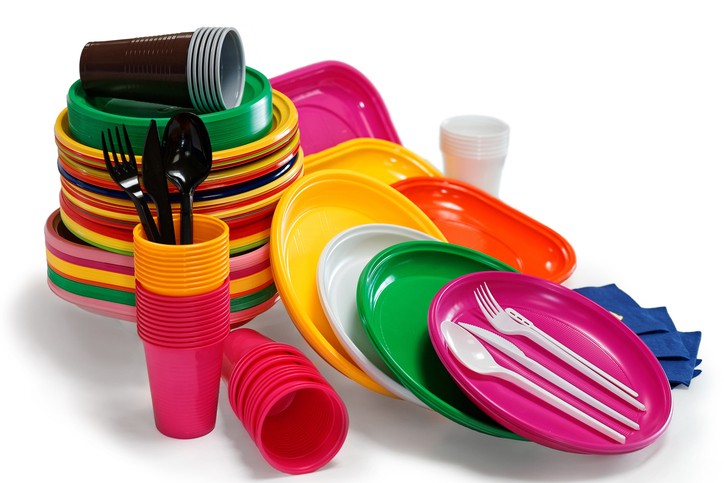
Vocabulary : Suffixes
Suffixes
A suffix is a letter or group of letters added at the end of a word which makes a new word.
| words | suffix | new words |
| forget, use | -ful | forgetful, useful |
| state, govern | -ment | statement, government |
| complicate, create | -ion | complication, creation |
The new word is most often a different word class from the original word. In the table above, the suffix –ful has changed verbs to adjectives, –ment, and –ion have changed verbs to nouns. If you see a word ending in –ment, for example, it is likely to be a noun (e.g. commitment, contentment).
Suffixes : spelling
Often, the suffix causes a spelling change to the original word. In the table above, the -e ending of complicate and create disappears when the –ion suffix is added. Other examples of spelling changes include:
- beauty, duty + -ful → beautiful, dutiful (-y changes to i)
- heavy, ready + -ness → heaviness, readiness (-y changes to i)
- able, possible + -ity → ability, possibility (-le changes to il)
- permit, omit + -ion → permission, omission (-t changes to ss)
A good learner’s dictionary will give you information on the correct spelling of words with suffixes.
Common suffixes and examples
Noun suffixes
| suffix | examples of nouns |
| -age | baggage, village, postage |
| -al | arrival, burial, deferral |
| -ance/-ence | reliance, defence, insistence |
| -dom | boredom, freedom, kingdom |
| -ee | employee, payee, trainee |
| -er/-or | driver, writer, director |
| -hood | brotherhood, childhood, neighbourhood |
| -ism | capitalism, Marxism, socialism (philosophies) |
| -ist | capitalist, Marxist, socialist (followers of philosophies) |
| -ity/-ty | brutality, equality, cruelty |
| -ment | amazement, disappointment, parliament |
| -ness | happiness, kindness, usefulness |
| -ry | entry, ministry, robbery |
| -ship | friendship, membership, workmanship |
| -sion/-tion/-xion | expression, population, complexion |
Adjective suffixes
| suffix | examples of adjectives |
| -able/-ible | drinkable, portable, flexible |
| -al | brutal, formal, postal |
| -en | broken, golden, wooden |
| -ese | Chinese, Japanese, Vietnamese |
| -ful | forgetful, helpful, useful |
| -i | Iraqi, Pakistani, Yemeni |
| -ic | classic, Islamic, poetic |
| -ish | British, childish, Spanish |
| -ive | active, passive, productive |
| -ian | Canadian, Malaysian, Peruvian |
| -less | homeless, hopeless, useless |
| -ly | daily, monthly, yearly |
| -ous | cautious, famous, nervous |
| -y | cloudy, rainy, windy |
Verb suffixes
| suffix | examples of verbs |
| -ate | complicate, dominate, irritate |
| -en | harden, soften, shorten |
| -ify | beautify, clarify, identify |
| -ise/-ize | economise, realise, industrialize (-ise is most common in British English; -ize is most common in American English) |
Adverb suffixes
| suffix | examples of adverbs |
| -ly | calmly, easily, quickly |
| -ward(s) | downwards, homeward(s), upwards |
| -wise | anti-clockwise, clockwise, edgewise |
Suffixes Video
AVOID PLASTICS – Unit 2
“It is time to say no to plastic”
1) Plastic is not a strange product to anyone. It’s everywhere in the present world and it has become a part of our life. Alexander Parkes created the first man-made plastic. He demonstrated it in an International Exhibition in London. He named it as Parkesine.
2) The common and wide use of plastic is mainly because it is inexpensive, it is long-lasting and it is easy to make. This substance can be moulded into any form by heating and it can be retained in that particular form when cooled. It can be made into thin and light material which is now widely used to make hard and disposable carry bags or packing materials.
mould : give a shape to, ರೂಪ ನೀಡುವುದು
disposable : meant to be used once and thrown, ಬಳಸಿ ಬಿಸಾಡುವ

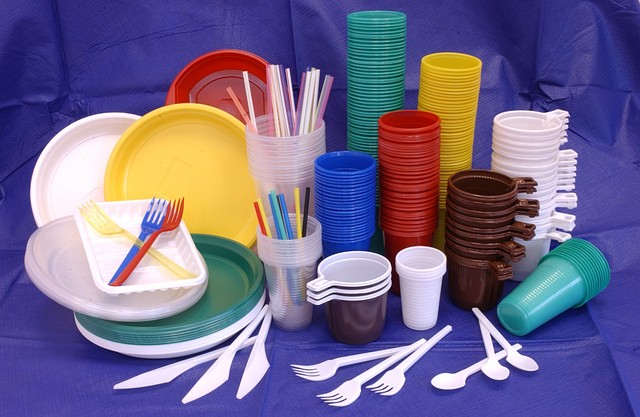
3) These qualities cause threat to the environment. As it is cheap and easily available, people dispose plastic everywhere. Plastic stays on the earth’s surface for many centuries as it is long-lasting and is impossible to decompose.
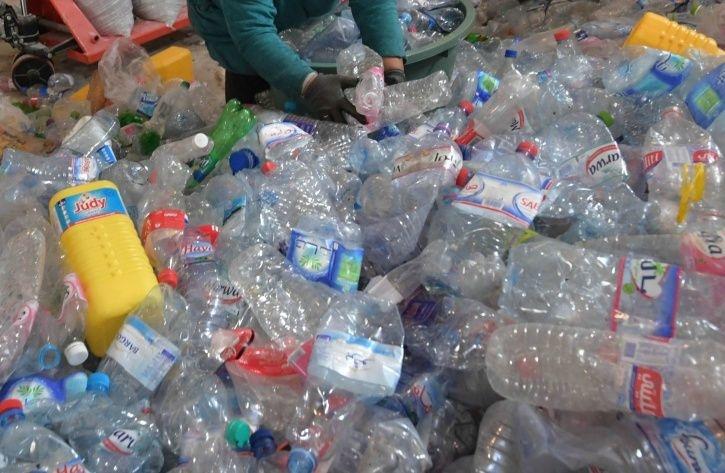
enormous – very large, huge, ಬಹಳ ದೊಡ್ಡದಾದ
hazards – risky, dangerous, ಅಪಾಯಕರವಾದ
migration – move from one place to another, ಒಂದು ಸ್ಥಳದಿಂದ ಇನ್ನೊಂದು ಸ್ಥಳಕ್ಕೆ ವಲಸೆ ಹೋಗುವುದು
It ultimately causes enormous environmental hazards. Due to migration, plastic pollution is highly concentrated in big cities. When these are thrown after use, they remain in the soil in the same form as they are non-biodegradable.
4) Plastic causes serious damage to the environment at every stage of its production or even in its disposal. To reduce the risks involved in plastic, the usage should be minimized which can result in production. The chemical that is used in the production of plastics is toxic and can cause serious damage to all living beings.
toxic – poisonous, ವಿಷಕಾರಿ
recycling – convert waste to reusable material, ಮರುಬಳಕೆ
global warming – the increase in temperature of earth’s atmosphere, ಜಾಗತಿಕ ತಾಪಮಾನ
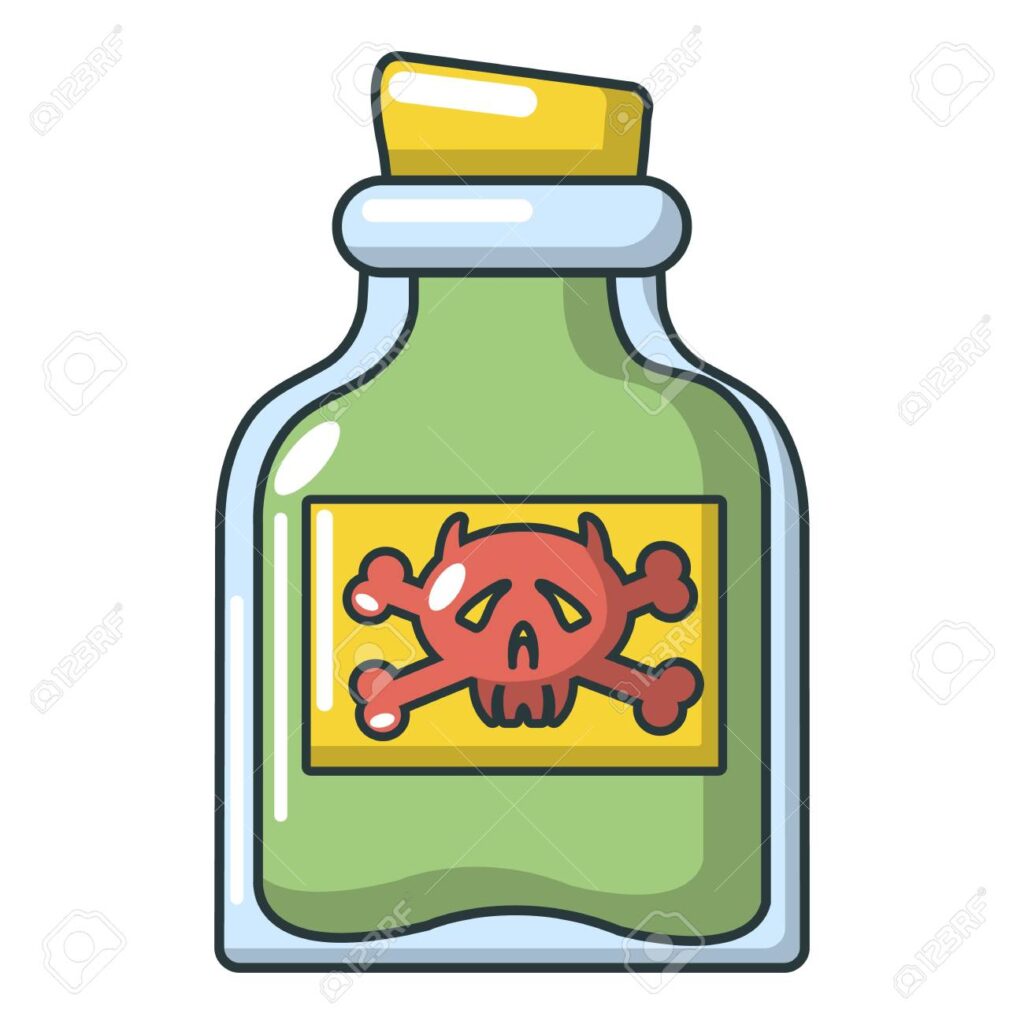

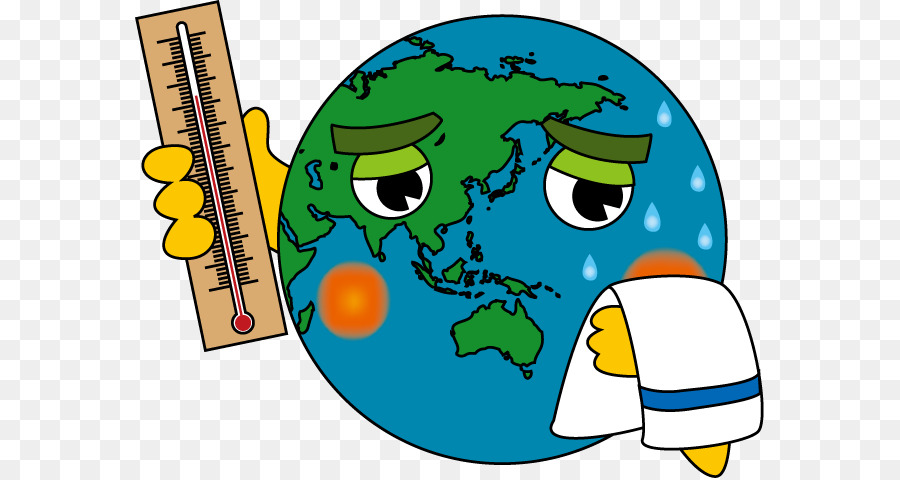
Even recycling of plastic causes problems. The worst thing is that recycling degrades the quality of plastic and demands the production of more plastic to make an original product. A single plastic sheet can take about thousand years to rot. It also has bad impact on the food chain. Plastic is one of the causes for global warming.
5) Rivers have become the main dumping ground for plastics which pollute water, marine life and also the air that we breathe. Many are being profited by plastic. Those who get profit from plastics are trying to dispute the harm that it causes. You can’t completely stop the use of plastic but can definitely minimize its production. For a healthy future, the use of plastic should be minimized at any cost.
ವಿಡಿಯೋ ಪಾಠಗಳು
ಪ್ರಶ್ನೋತ್ತರಗಳು


Great work..
Darshan sir…..
Thank you Dost..
I’ll be teaching a creative writing class this summer to a group of 11-14 year-olds. I have experience teaching writing (mostly poetry) to adults, but teaching kids will be new territory. Does anyone have some great tips, websites, resources for exercises, and reading materials for this age group? Thanks!.
thank you very much sir..